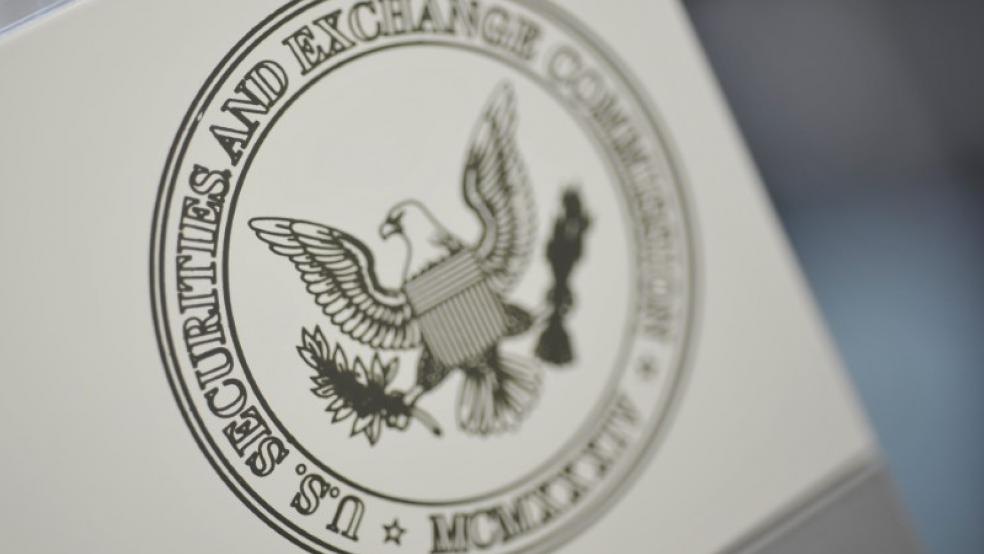WASHINGTON (Reuters) - The U.S. Securities and Exchange Commission has released a collection of internal voting records, long held secret, that reveal it to be less divided than is commonly thought.
The new data reveal that the agency's commissioners vote unanimously almost every time they take companies and executives to federal court, in contrast to the public and sometimes bitter disagreements they exhibit when debating regulatory matters.
Details of the votes are significant because they give agency watchers a window into how commissioners handle cases they take to court.
The cases that were brought unanimously - 94 percent of the total since April 2013, when Mary Jo White became the agency's chair - included high-profile defendants such as the City of Miami, Wells Fargo
and pharmaceutical executive Martin Shkreli.The fact that so many are decided unanimously belies the public belief that the SEC is fractious, said James Cox, a law professor at Duke University who closely tracks the agency.In recent years, commissioners have dissented over many policy issues, such as whether to grant regulatory waivers to big banks and how to interpret rule-making requirements of the 2010 Dodd-Frank Wall Street reform law.An SEC spokeswoman did not respond to a request for comment.Legal experts expressed differing views on the significance of the uniformity of the votes. Donald Langevoort, a professor at the Georgetown University Law Center, said there is less disagreement on whether to sue companies because those decisions tend to turn on individual facts and circumstances, instead of policy views. Defense attorney Stephen Crimmins of Murphy & McGonigle said commissioners might be agreeing quickly because their heavy caseload does not allow enough time for deep study of each case. The SEC decision to publish its voting records on these cases came four years after Reuters filed a Freedom of Information Act request for the data. The SEC, which historically has made public its voting on cases it handles administratively, had resisted release of internal voting records it deemed privileged.“The release of this data is a huge breakthrough for the public, said Bradley J. Bondi, an attorney with Cahill Gordon & Reindel LLP, who said it would provide insight into whether some alleged misconduct could be considered a “clear violation” or a “close call” in the eyes of the SEC.It covers slightly more than 1,400 defendants in 414 cases filed in federal courts from April 11, 2013, through August 26, 2016. Only four of those cases actually received a vote against bringing the case - all of which were from Michael Piwowar, a Republican.In one high-profile case, Piwowar voted against charging the Royal Bank of Scotland with misleading investors in subprime mortgage securities. The case still won a majority of support from the two other commissioners who participated in the vote, and the bank settled the charges. Some 21 other cases received partial dissents, meaning the commissioners agreed to proceed with the case but disagreed on matters like whether to require shareholders to bear the costs of paying a corporate penalty, or whether the evidence justified specific charges.(This version of the story corrects the 11th paragraph to say that there were only four cases in which there was a complete dissent about bringing a case, not five) (Reporting by Sarah N. Lynch; editing by Linda Stern and Jonathan Oatis)



